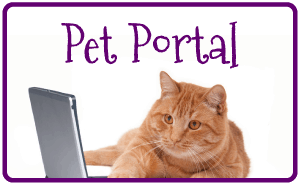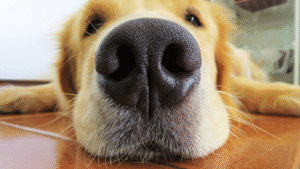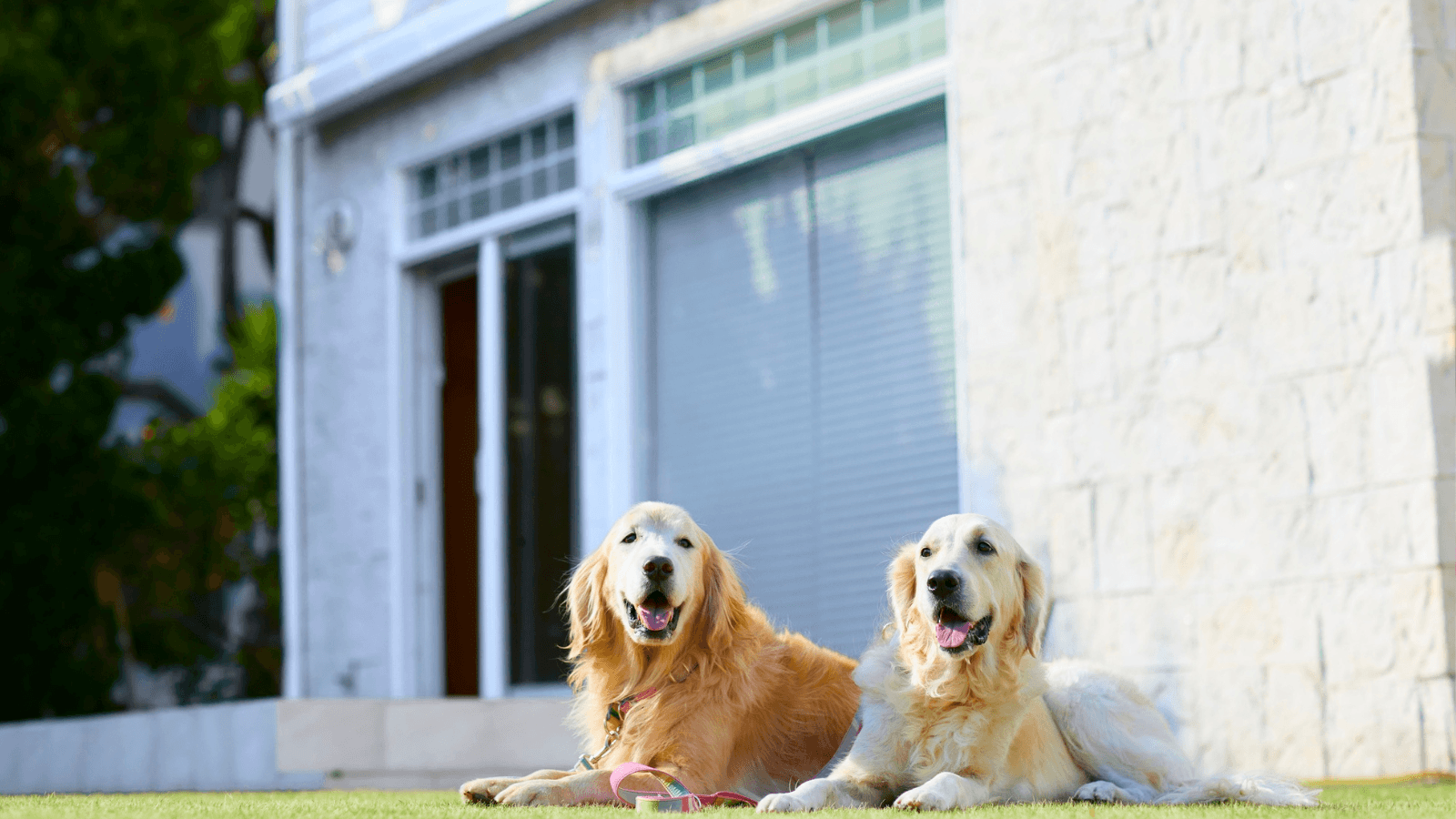Walk through any pet store, and you’ll find endless shelves filled with kibble, cans, and supplements that all claim to be “the best.” It’s no wonder many pet owners feel overwhelmed when trying to choose the right diet for their animal companions. At Clarksburg Animal Hospital, we believe nutrition is never one-size-fits-all. Every pet is special, and their diet should reflect that.
3 Reasons to Personalize Your Pet’s Diet
Nutrition can influence everything from your pet’s energy levels to how effectively they manage chronic health conditions. In fact, many diseases can be less expensively managed through incorporating dietary changes and targeted supplements into your pet’s diet. These are just three reasons why you should think about adjusting your pet’s food.
Reason #1: Age
Puppies and kittens have different nutritional needs than senior pets. Likewise, spayed or neutered pets may require a changing diet from their intact counterparts. Basing nutrition on your pet’s age supports proper development and weight control.
Reason #2: Breed and Body Type
A Labrador retriever’s dietary needs are not the same as a Chihuahua’s, and neither are their risks for obesity or joint issues. Breed-specific needs can play a big role in determining the right food and portion sizes.
Reason #3: Underlying Health Conditions
From diabetes and kidney disease to digestive issues and joint pain, many chronic conditions respond well to nutrition plans. Some veterinarians will suggest managing these conditions through diet and supplements wherever possible, potentially reducing the need for long-term medications.
How Do I Know the Right Diet for My Pet?
The best way to know is to bring your pet to a vet for nutrition counseling. The vet will assess current diet, weight, and lifestyle to identify any underlying or emerging health concerns. They can recommend specific foods and supplements that align with what your pet needs. Not sure if their current diet is working? Bring in pictures of your pet’s food labels to discuss with your vet. They have seen lots of other pets in the past and can best advise on specifics, rather than you searching on the internet for advice from those who don’t know your pet and their health history.
When Should I Review My Pet’s Nutrition Plan?
Reviewing your pet’s current nutrition plan is recommended for:
- Major life stage changes (e.g., puppy to adult, adult to senior)
- Illness recovery
- Changes in activity level or weight
- New diagnoses (like allergies, arthritis, or metabolic disorders)
Never make big changes to your pet’s nutrition plan before consulting with a veterinarian. Suddenly switching foods or cutting down on their portions without proper guidance could do more harm than good.
How Do I Know If I Should Be Concerned About My Pet’s Weight?
This is a question that vets often see alongside questions about diet. If you notice an unexplained weight change in your pet, that definitely warrants a visit. As a guideline, you can use a Body Condition Scoring chart to see if your pet is overweight or underweight. On a 9-point scoring system, a 4 or 5 is considered a healthy weight.
Get Professional Guidance on Your Pet’s Food in Clarksburg, MD
Choosing the right food for your pet requires thoughtful information, rather than chasing the latest trends. We treat nutrition as a cornerstone of veterinary medicine. Clarksburg Animal Hospital has veterinary nutrition consultations in Clarksburg for pets from Germantown, Clarksburg, Boyds, and nearby areas. Schedule a nutritional consultation with us to create a diet that works for your pet.






